Why You Should Get Your Water Professionally Treated
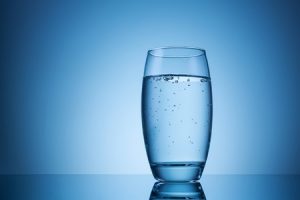
What Is Water Treatment and Filtration?
Water filtration or purification is the process of removing chemicals, contaminants, solids, gases, and other harmful toxins from water. Even if you are using your own water supply, you are not immune to the possibility of all of these infiltrating your water system. There are many steps that need to be taken in order to completely cleanse the water. After these are completed, the process takes contaminated water and produces safe drinking water. Read More

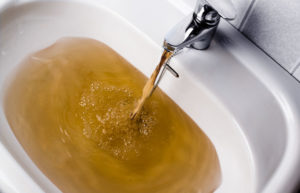 How often do you stop to consider the quality of the water entering your home through your faucets? Well water and municipal water are both vulnerable to contamination. But unlike with the multi-step system used to filter and purify municipal water, you are solely responsible for purifying your own water if you have a well. This isn’t a responsibility to take lightly!
How often do you stop to consider the quality of the water entering your home through your faucets? Well water and municipal water are both vulnerable to contamination. But unlike with the multi-step system used to filter and purify municipal water, you are solely responsible for purifying your own water if you have a well. This isn’t a responsibility to take lightly! 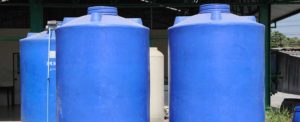 Water is the most precious resource on Earth, and without it we would cease to exist at all. This is why it is so important to have a reliable and effective way to store your water in units. Your irrigation, rain, and drinking water all need a way to be captured and saved for a time in the future. Water storage units make this possible for residential, commercial, and industrial locations alike.
Water is the most precious resource on Earth, and without it we would cease to exist at all. This is why it is so important to have a reliable and effective way to store your water in units. Your irrigation, rain, and drinking water all need a way to be captured and saved for a time in the future. Water storage units make this possible for residential, commercial, and industrial locations alike. After months of a controversial well drilling moratorium, Senate Republicans recently pressed Washington Governor Jay Inslee to take a more active role in negotiating legislation that would finally grant permission for rural landowners to drill wells on their land. The Supreme Court’s Hirst Decision is responsible for the well moratorium that Washington’s legislators have yet to resolve. Could the Governor finally lead his state to a solution?
After months of a controversial well drilling moratorium, Senate Republicans recently pressed Washington Governor Jay Inslee to take a more active role in negotiating legislation that would finally grant permission for rural landowners to drill wells on their land. The Supreme Court’s Hirst Decision is responsible for the well moratorium that Washington’s legislators have yet to resolve. Could the Governor finally lead his state to a solution? 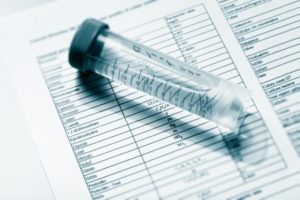 Water may have been pure and clean at one time, but today’s industrialized way of life has caused countless toxic and harmful contaminants to infiltrate water sources across the globe. This contamination is very important to address when utilizing well water.
Water may have been pure and clean at one time, but today’s industrialized way of life has caused countless toxic and harmful contaminants to infiltrate water sources across the globe. This contamination is very important to address when utilizing well water. 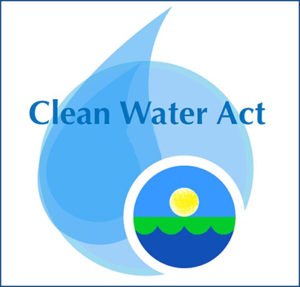 Pollution has become a fact of life, and in today’s society pollutants are more prevalent than ever before. Chemicals, heavy metals, fertilizers, and other toxins are dumped into the water and released into the air every minute of every day. However, the Clean Water Act has the potential to minimize some pollutant discharge with the concept of “zero discharge.” It sounds too good to be true, so will it ever become a reality?
Pollution has become a fact of life, and in today’s society pollutants are more prevalent than ever before. Chemicals, heavy metals, fertilizers, and other toxins are dumped into the water and released into the air every minute of every day. However, the Clean Water Act has the potential to minimize some pollutant discharge with the concept of “zero discharge.” It sounds too good to be true, so will it ever become a reality?